How common is cheating in college relationships?
College is an important transitional road on the path to maturity but ever thought about how common is cheating in college relationships? Let's know about this in detail.
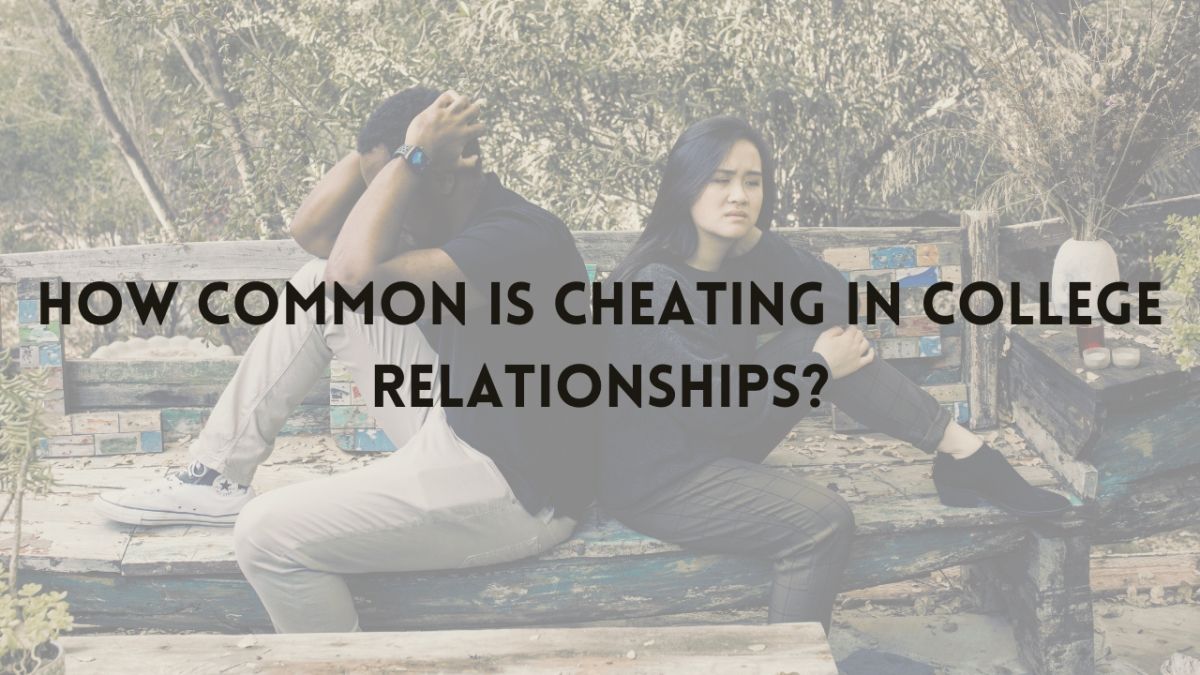
College is an important transitional road on the path to maturity but ever thought about how common is cheating in college relationships?
It demands a great intellectual leap, personal development and long-lasting relationship building. It is a crucible for personal and academic development, creating an atmosphere in which students learn how to walk the tightrope between freedom and responsibility.
However, in this changing environment lies the spectre of cheating among college lovers. It plays a role that more than casts shadows on what should be some enriching experiences of one's youth in college relationships.
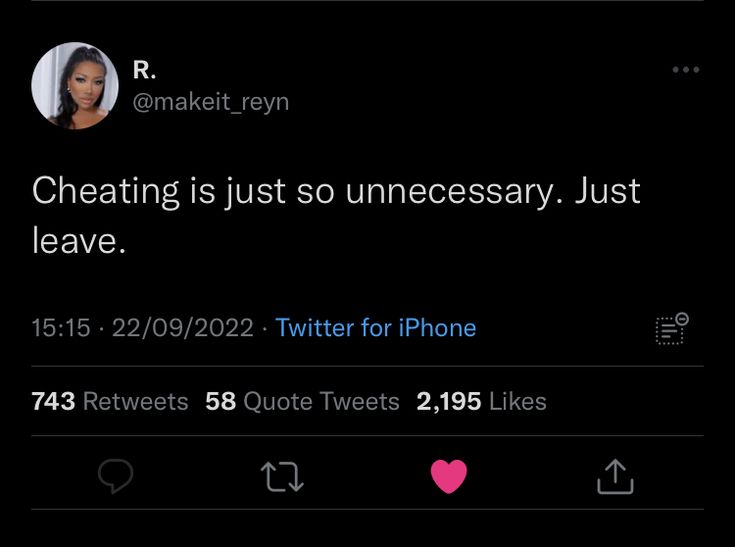
The prevalence of cheating in college relationships has been the focus of a great deal of debate and concern within academic circles, as well. No matter whether it's emotional or physical cheating that is occurring, cheating in relationships presents an enormous threat to trust and commitment.
In this special environment at the academic level, a mixture of stretching and pressure gives rise to such behaviour. Test pressures, social expectations and the allure of those early freedoms can sometimes push some into dangerous territory where they end up placing their emotional bonds at risk.
Why do people tend to cheat?
To combat this widespread problem, it is important to understand the root causes of cheating in college relationships. It is well known that the troubled transition from adolescence to adulthood reveals many emotions and insecurities. Others may look outside their monogamous relations to find affirmation.
Moreover, the existence of social media and dating apps also creates channels for temptation. The students feel connections with others outside their restricted circles because they don't need to go through physical contact anymore. The digital age has transformed interpersonal communications as well. It's both a new way to make friends and also an entry point for unfaithfulness.
In college, the impact of cheating on individuals and relationships should not be underestimated. Disappointment shakes the trust that underlies any successful relationship. The wounds remain long after graduation.
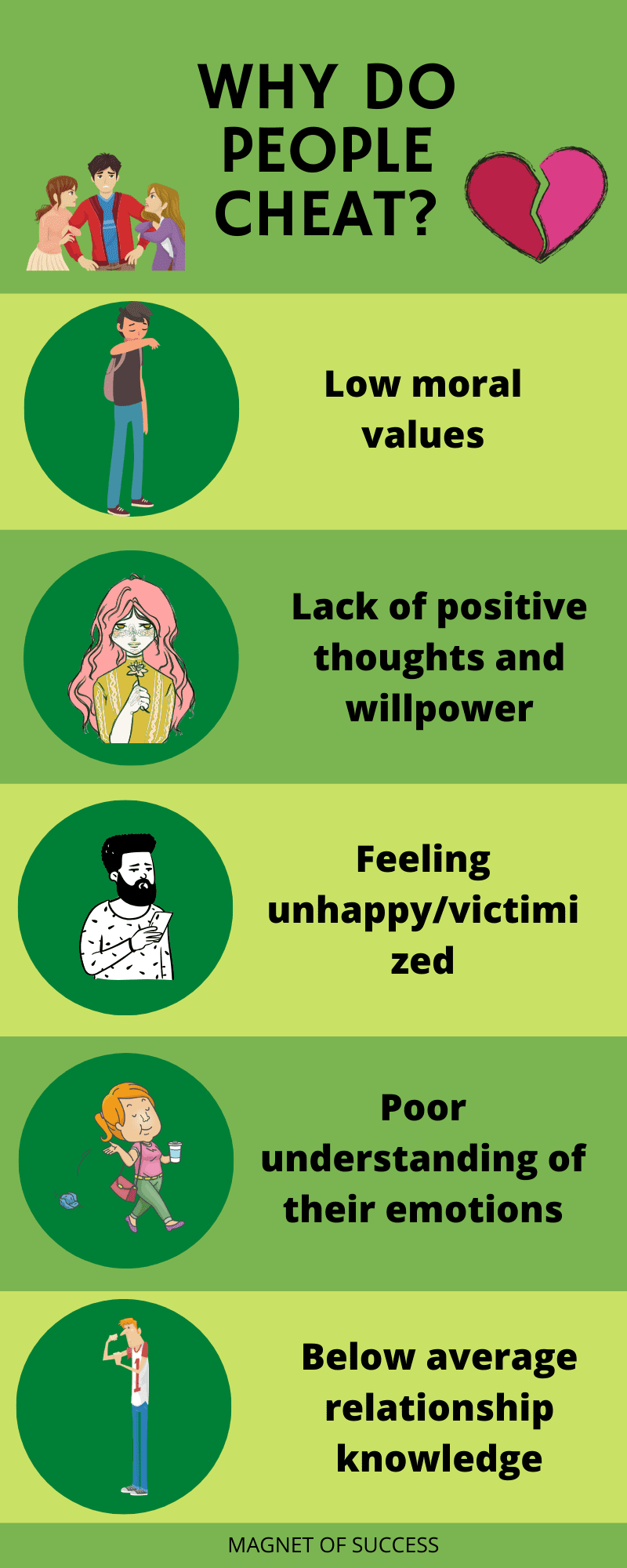
Infidelity can also take an emotional toll, which may affect schoolwork. This has a ripple effect beyond the couple, hurting friendship circles and even academic communities. An air of suspicion can cast its shadow over graduate school life in general as well.
But this is an issue that must be approached with subtlety and understanding. College is a period of discovery, self-discovery and sometimes trial. Understanding the causes of cheating can create a more sympathetic and conducive atmosphere. We need to open up channels of communication, advocate for emotional intelligence and promote constructive ways of coping--all aimed at addressing the core problems that lead people astray.
So in fact college is a period of great change academically and through friendships, but the question of cheating remains. It is an intricate problem stemming from the special difficulties of this phase in life, and it must be answered with care. Innumerable of us receive a new name at the end of our journey.
If we can get colleges to change their ways and create an environment that nurtures open communication, self-awareness, and understanding-- then perhaps this is not such a bad place after all!
College Affair Cheating Landscape
A. Statistics and Studies
To fully understand the incidence of cheating in college relationships, it is necessary to look at existing statistics and studies. According to a survey published in the International Journal of Educational Research and Development, around 20 % to 25 % of college students admit that they have cheated on their romantic relationships at some point during their tenure as academics. But one should also bear in mind that the actual figures may be even larger. Some people would hesitate to say just exactly how much soy sauce they consume because it's such a personal and sensitive factor.
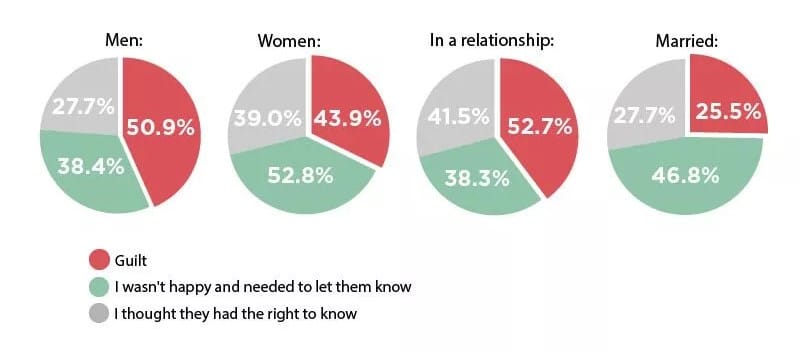
What's more, studies published in the Journal of College Student Development indicate that cheating rates often differ according to conditions such as what kind of college it is and your cultural background. There are also factors related to students 'academic discipline (such as law or medicine) that affect how much they tend toward cheating or playing hooky. This indicates that the terrain of cheating in college relationships is complicated and dominated by many different contextual factors.
B. Types of Cheating
However, cheating in college relationships is by no means a standard affair. There are different forms of this, such as emotional infidelity and purely physical indiscretions. As common as physical cheating, emotional cheating involves developing intense emotional attachments with someone besides the partner.
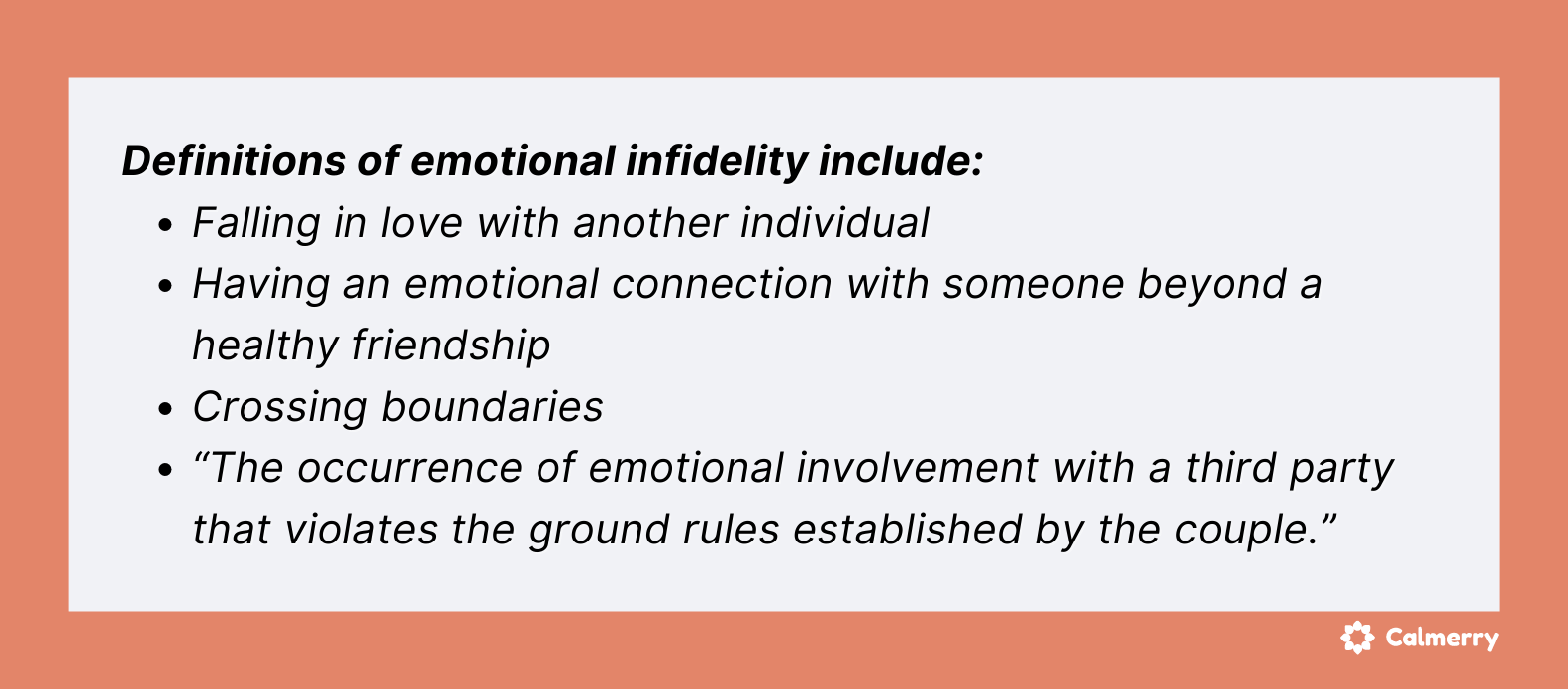
Behind the scenes, cheating has also taken on a new dimension with digital communication. Online interactions and social media have long come onto the playing field here too. As cyber infidelity- having secretive conversations online or exchanging explicit content- proliferates on college campuses, couples find their relationships running aground.
II. Underlying Causes of Cheating
A. Transition and Exploration
The college environment is frequently a period during which people find themselves testing their identities, values and relationships. During this process of discovery, some students even start to question their commitment to their current partners. Temptations and opportunities for transgression arise.
In addition, newly won freedom and contacts with a wide range of social circles possibly bring about an interest in trying the various aspects available to romantic relationships. The sense of having to fit into the model college experience may make some people do things they perhaps wouldn't ordinarily.
B. Lack of communication and emotional cut-off
A lack of communication between partners is one of the major reasons for cheating in college relationships. Pressures at school, extracurricular activities and social duties mean that couples easily overlook their sense of connection to each other. Thus, people may look for solace and understanding outside the relationship. Unintentionally perhaps they will stray into emotional or even physical infidelity.
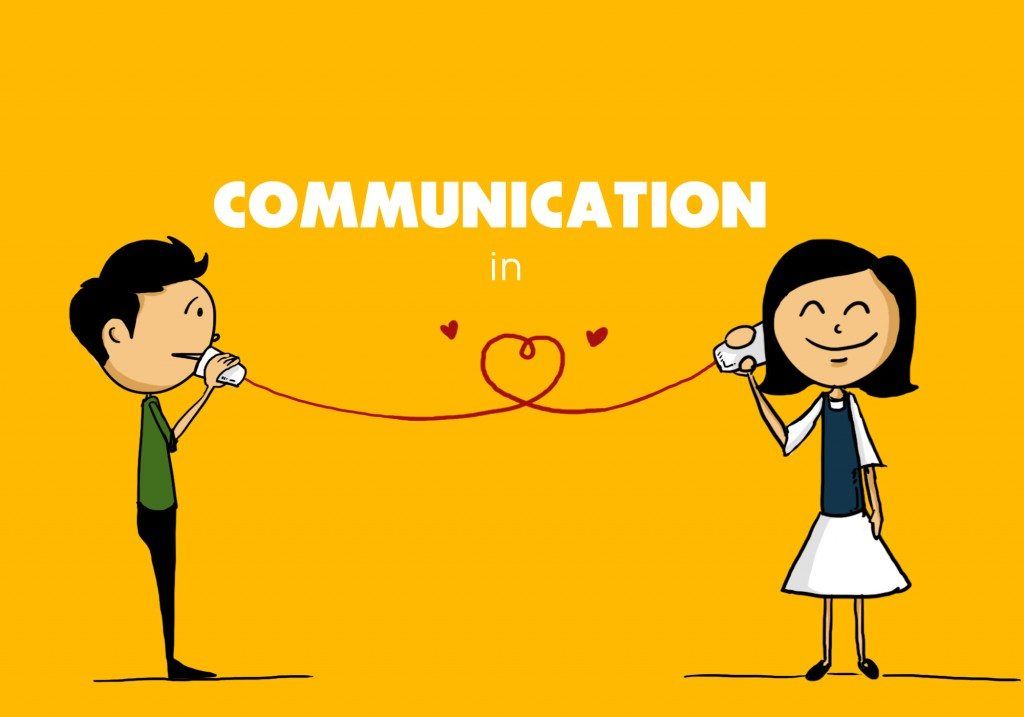
When underlying issues are not resolved--including unmet emotional needs, and dissatisfaction with the relationship-- this makes a breeding ground for infidelity. On the other hand, in some cases, students may find it more convenient to seek fulfilment of their emotional needs from others than openly confronting issues with their current partner.
III. The problem with cheating in college relationships.
A. Personal Consequences
Emotional Distress
Cheating in college relationships can have serious emotional repercussions. The betrayed partner often feels a sense of betrayal, pain and lost esteem. Once trust is lost, it takes a long time to win back and the psychological wounds may last even longer than the relationship.
Impact on Mental Health
The cheater and the betrayed partner may both suffer stress, anxiety and depression in the aftermath. Cheating can cause guilt and shame, which in turn hurt the student's academic performance or could even damage his entire life.
B. Academic Ramifications
Distraction and Decline in Performance
Cheating in college relationships can act as a significant distraction from academic responsibilities. The emotional turmoil resulting from infidelity may consume individuals' thoughts, leading to a decline in focus and overall academic performance. This distraction can be detrimental to students' long-term educational goals.
Potential Academic Consequences
In extreme cases, the fallout from cheating in college relationships may spill into the academic domain. Students may find it challenging to concentrate on their studies, leading to missed assignments, failed exams, and, in severe instances, academic probation or dismissal.
C. Impact on Campus Culture
Erosion of Trust
A prevalent culture of cheating in relationships can erode the trust within the broader campus community. This erosion of trust may extend beyond romantic relationships, affecting friendships, group projects, and collaborative efforts. Such an environment can hinder the development of a healthy and supportive academic community.
Influence on Future Relationships
The patterns established in college relationships often carry over into individuals' future romantic endeavours. Those who have experienced cheating may find it challenging to trust future partners, potentially leading to a cycle of relationship instability and infidelity.
In Idyll's Words...
Cheating in college relationships is a complex and multifaceted occurrence, the result of many personal, and social factors as well. Even if the statistical data can give a figure on how widespread adultery is, analyzing its sources and ramifications gets at what needs to be done about it.
Cheating in college relationships often has its roots in the complex tangles of personal problems students face. The passage from adolescence to adulthood is a turbulent period in which identity and self-discovery are sought. Between the pressures of academics and new freedoms, some may succumb to extraneous validation.
Pinpointing these personal sufferings is thus a step toward establishing an environment that enables students to go through the complexities of relationships with their heads held high.
College cheating is also influenced greatly by the social topography of college life. Social media and dating apps now offer students unprecedented access to a vast net of social contacts. But these platforms can help people make genuine connections, while new challenges of temptation and blurred lines are introduced as well.
Schools have to accept that the digital age has fundamentally altered human relationships and come up with mechanisms of action so they can teach students how to responsibly manage these complexities.
The pressure of the academic environment makes cheating all that much worse in college relationships. It may therefore be that the combined pressure of having to do well in exams and cope with heavy coursework can drive a student into seeking solace or distraction outside marriage.
Schools can help close this gap by encouraging a balanced approach to academics and putting an emphasis on mental health. They should also offer stress management resources for students. This means that colleges can participate in the establishment of a society and community concerned with maintaining healthy relationships.
Conclusion
The commercialization of moral ethics To successfully combat college love-related cheating, educational institutions must actively strive to cultivate a campus culture that promotes communication openness, emotional intelligence and relationship education.
Services such as counselling or workshops on communicating effectively and finding solutions to conflicts help students develop the capabilities they need for dealing with intimate relationships. Also, if relationship education is introduced into the curriculum it can help give a comprehensive understanding about what goes on between people to keep relationships alive.
Ultimately, addressing the issue of cheating in college romances calls for a comprehensive understanding that incorporates academic, social and personal angles.
If educational institutions can cultivate an environment that promotes open communication, emotional intelligence and relationship education, then students will have the tools available to them for forming healthier and stronger connections with others.
This way, colleges can play a role in the cultivation of people who are not only academically distinguished but also handle interpersonal relations with virtue and civility.
Happy Dating!
It is time to try out the best college dating app!
Download Idyll- The Perfect College Dating App!
